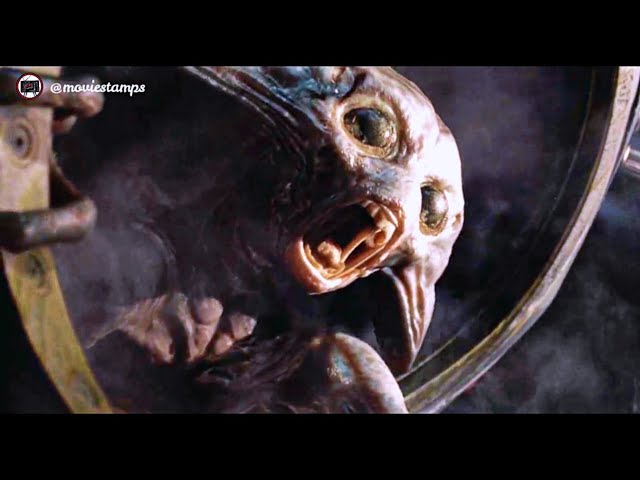Exploring the Legacy of the War of the Worlds Movie

Introduction
The War of the Worlds movie, adapted from H.G. Wells’ 1898 novel, has become a cornerstone of science fiction cinema. Its importance lies not only in its thrilling narrative of an alien invasion but also in its exploration of human resilience and the complexities of societal response to crises. Recent interest in classic sci-fi films, as well as new adaptations and remakes, underscores the film’s continuing relevance in popular culture and the media landscape.
Historical Context and Development
The most notable film adaptation was directed by Steven Spielberg in 2005, featuring Tom Cruise. This version revitalized the classic story for a new generation, incorporating modern special effects and a timely narrative about survival amidst chaos. The film follows a father’s struggle to protect his children during a catastrophic alien attack, echoing the theme of familial bonds in times of distress. Released amid concerns about terrorism and global instability,Spielberg’s rendition resonated with audiences who saw parallels between the fictional invasion and real-world events.
Critical Reception
Upon its release, the movie was met with a mix of reviews, praising its visual effects and action sequences while some critics pointed to its pacing and character development. However, as time has passed, the film has been re-evaluated for its commentary on humankind’s vulnerabilities, making it not just an action-packed spectacle but also a profound reflection on human nature.
Modern Adaptations and Influence
More recently, adaptations such as television series have reiterated the story’s significance, each interpreting the narrative in ways that resonate with contemporary audiences. For instance, the BBC’s adaptation in 2019 introduced modern themes of science fiction, showcasing issues such as technology’s rapid advancement and environmental concerns. The enduring popularity of the War of the Worlds narrative also spurred discussions around artificial intelligence, pandemic fears, and marginalization in society.
Conclusion
The legacy of the War of the Worlds movie stretches beyond mere entertainment; it serves as a medium for discussing deeper societal issues while entertaining audiences. As film technology continues to evolve, and with society constantly facing new threats, the questions raised by Wells’ original novel, and subsequently adapted in movies, remain just as relevant today. Viewers can expect that the story will not only continue to inspire new adaptations but also serve as a mirror reflecting our ongoing struggles with fear, survival, and the unknown in an increasingly complex world.









